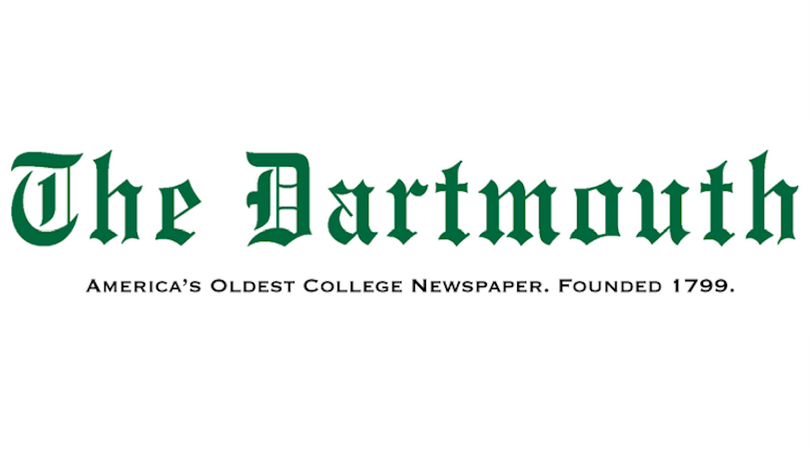
- About
- Consultation
- Programs
- Resources
- News & Events
Back to Top Nav
Back to Top Nav
Back to Top Nav
Steven Adelberg '21 reflected recently in an article in The Dartmouth about his learning experiences leading up to and as an undergraduate student at Dartmouth.
Self-education promises to fill in the gaps left by schooling and to further self-development in a way that little else can. It is one thing to listen to a lecture on game theory; it is another to read “The Prince” by Machiavelli; it is yet another to find yourself on the wrong side of a broken deal while playing Risk. Proof, theorem and heuristic all in one, self-guided learning builds sophisticated personal understandings that watered-down lectures can rarely rival. Questions never go unanswered in self-education, and the only limit to the possibilities you can consider is your own imagination. Through a self-guided pursuit of understanding, you can explore diverse passions free from institutional constraints and develop authentic individuality.
Unfortunately, there are many drawbacks that come with the boundless possibilities of self-education. Without a teacher to structure our curriculum and set deadlines, we risk wasting valuable time identifying the necessary background knowledge needed or even just procrastinating. Comfortable within our self-defined specialties, we can easily ignore vast disciplines like STEM or the social sciences. With no classmates around us to counter our biases, we risk creating echo chambers that fail to challenge our budding theories and clear our misconceptions.
These drawbacks do not disqualify the path of self-education. Rather, they remind us that self-education is a supplement rather than a substitute for an institutional education. Neither institutional education nor self-education can succeed without the other. Just as someone needs to teach you how to read first before you can teach yourself different subjects from a textbook, self-education assumes a prior foundation of skills that an institution can develop best. At the same time, a strong liberal arts education gains its strength from the different philosophies students forge before they set foot in the classroom. Self-education and institutional education thus work best when they cover each other’s weaknesses; institutions offer the structure and breadth self-education lacks while self-education crafts the independent thinkers that institutions cannot mass-produce. Together, they can guide a student on an unswerving path toward intellectual development.
Read the full article at The Dartmouth.